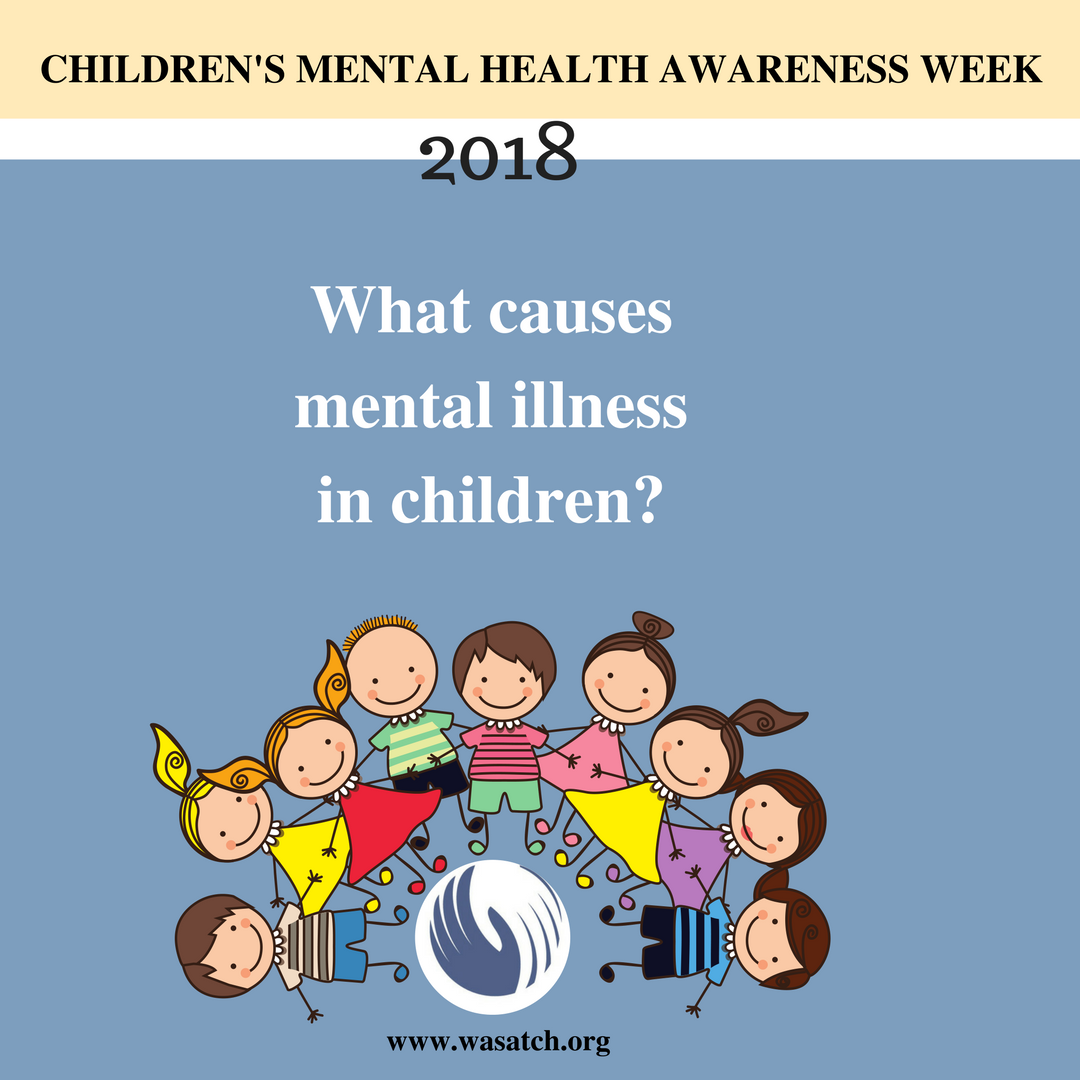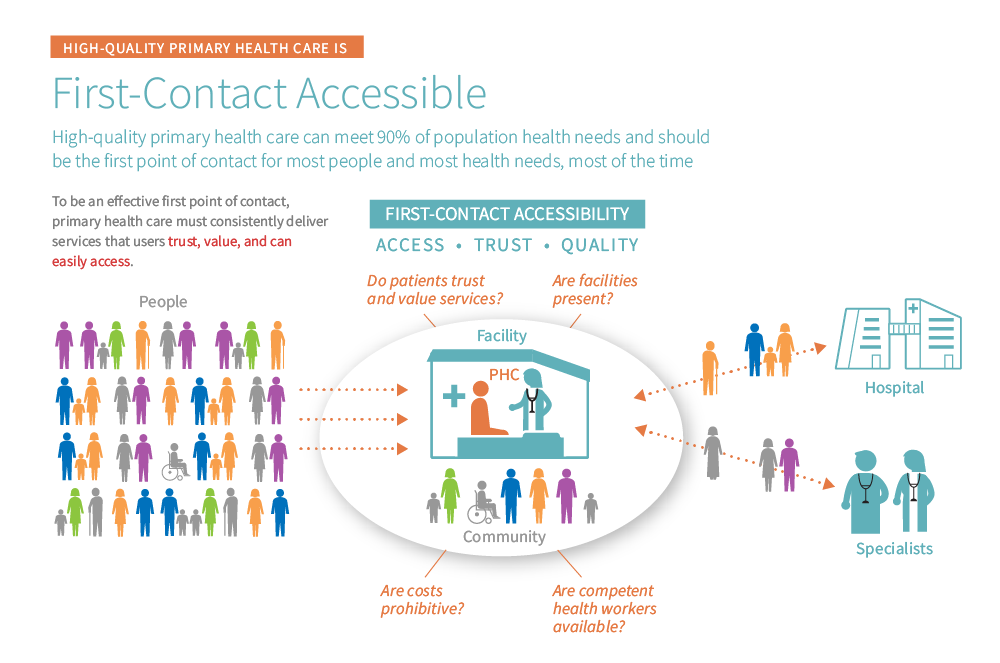The downside of group nursing is that everyone comes to be a generalist. American medicine has actually prided itself on ending up being significantly subspecialized, nearly to a point where one medical professional can not talk about a whole instance with a non-subspecialized doctor.
It would after that match the tax obligations with federal coordinating bucks at a proportion of two to one or three to one, and basically return the exhausted bucks to the carrier. When the federal government stated this was not permissible, the states went down the taxes as well as requested for "provider payments" from the health centers, nursing residences, and so forth. A lot of states used the new government money for health care solutions.
" Our primary issue was that our billing staff was only offered to take repayments by phone during typical service hours," Hickerson claimed. Household Healthcare applied an on the internet costs pay option, permitting patients to log into a safe system to pay their clinical costs from their very own computers. Due to the fact that of expense, one in 4 clients have missed a clinical treatment or follow-up visit.
How much is an electric bill for a hospital?
Lack http://wiki.soippo.edu.ua/index.php?title=%D0%9A%D0%BE%D1%80%D0%B8%D1%81%D1%82%D1%83%D0%B2%D0%B0%D1%87:Ableigh005 of financial resources – Lack of available finance is a barrier to healthcare for many Americans but access to healthcare is reduced most among minority populations. Without a regular healthcare source, people have more difficulty obtaining their prescriptions and attending necessary appointments.

Wellness in the United States in worldwide context.
- The federal government is expected to be extra hostile in advertising competition amongst carriers too.
- Health disparities are well documented in the UNITED STATE in ethnic minorities such as African Americans, Indigenous Americans, and also Hispanics.
- to transform the healthcare delivery system, improving the high quality of care while managing expenses.
- Health centers base their ER center cost cost on the severity of the problem they are dealing with.
The experiment wrapped up that with much less intake of care there was normally no loss in social welfare yet, for the poorer as well as sicker groups of people there were certainly adverse effects. These individuals were required to abandon required preventative treatment steps in order to conserve cash leading to late medical diagnosis of easily treated diseases and also a lot more expensive procedures later on. With much less preventative care, the client is hurt financially with a rise in expensive brows through to the Emergency Room. The health care costs in the US will also increase with these treatments as well. In 2010, the Patient Security and also Affordable Treatment Act (PPACA) was signed by Head of state Barack Obama and also includes numerous new guidelines, with among the most notable being a medical insurance required which calls for all residents to acquire medical insurance.
Why process is US health care's biggest problem?
The fact is that our current system is not providing better care for Americans even though we lead the world in healthcare spending. Our system is fragmented, providing care in silos where providers do not communicate well with one another.
What is the biggest problem facing medicine?

A typical in-patient stay in a hospital is about 5 days, and that may cost you over $10,000. This figure does not include major procedures, ambulance fees, or other charges.
If that plays out, many employers might begin minimizing their health and wellness benefits in the following couple decades. In a research on the effect of the Cadillac tax obligation, Herring located the tax obligation will affect few health insurance plan when it initially starts in 2018. Yet if health-care prices grow rapidly, the tax can influence most employer-provided health insurance plan by 2029. 1) A patient with a lavish health insurance, typically called a Cadillac strategy, goes to the physician's workplace.
What are the economics of healthcare?
In the United States, ownership of the healthcare system is mainly in private hands, though federal, state, county, and city governments also own certain facilities. As of 2018, there were 5,534 registered hospitals in the United States.